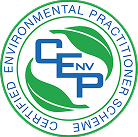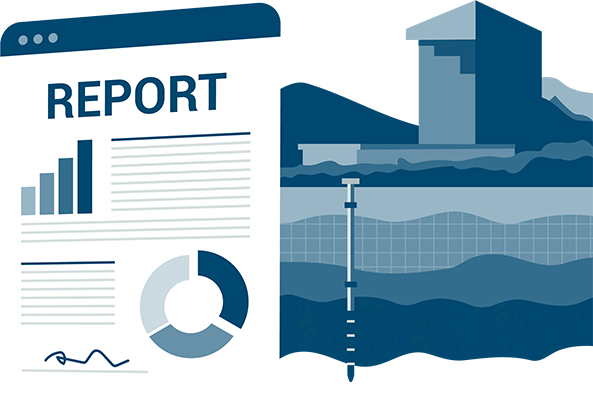Scope Your Site Requirements in Minutes. Fast Free. Custom to your stage.
Get Your Free Site Assessment
ServicesProjects



 CareersArticles
CareersArticles
Solutions

Site Assessments & Remediation

Project Management

Asbestos & HAZMAT Management

Construction & Environmental Monitoring

Geotechnical Engineering & Drilling Services
Construction Environmental Management PlansNoise, Dust & Vibration Monitoring and Management PlansEnvironmental ComplianceUnderground Petroleum Storage Systems (UPSS) Compliance & DecommissioningEnvironmental Incident ManagementDewatering Management & Discharge MonitoringWater Quality MonitoringLeachate & Gas Monitoring
International









.jpg)



.jpg)





